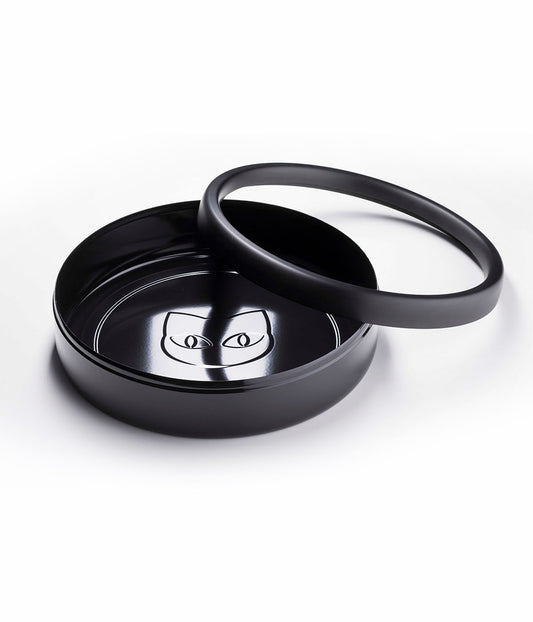
Most Common Allergies Among Dogs
Marie DuchessAllergies are not just a human problem. Dogs can also suffer from various allergies that can cause discomfort and health issues. As a responsible pet owner, it is important to be aware of the most common allergies among dogs and take necessary steps to prevent and manage them.
What are the most common allergies among dogs?
1. Food Allergies: Just like humans, dogs can develop allergies to certain foods. Common food allergens for dogs include beef, chicken, dairy products, wheat, and soy. Symptoms of food allergies in dogs may include itching, gastrointestinal issues, and ear infections.
2. Environmental Allergies: Dogs can also be allergic to environmental factors such as pollen, dust mites, mold, and certain types of grass. These allergies are often seasonal and can cause symptoms like itching, sneezing, and watery eyes.
3. Flea Allergy Dermatitis: Fleas are not only annoying but can also cause allergic reactions in dogs. Some dogs are hypersensitive to flea saliva, and even a single flea bite can trigger intense itching and skin irritation.
4. Contact Allergies: Dogs can develop allergies to certain substances they come into contact with, such as certain cleaning products, fabrics, or even certain plants. Contact allergies can cause skin irritation, redness, and itching.
How to manage allergies in dogs?
If you suspect that your dog has allergies, it is important to consult with a veterinarian for proper diagnosis and treatment. Here are some general tips to help manage allergies in dogs:
1. Identify and eliminate the allergen: If your dog has a food allergy, you may need to switch to a hypoallergenic diet or eliminate the specific ingredient causing the allergy. For environmental allergies, try to minimize your dog's exposure to the allergen.
2. Regular grooming: Regular grooming can help remove allergens from your dog's coat and skin. Bathing your dog with a hypoallergenic shampoo can also provide relief from itching and soothe irritated skin.
3. Flea prevention: Use flea prevention products recommended by your veterinarian to protect your dog from flea bites and flea allergy dermatitis.
4. Medications: In some cases, your veterinarian may prescribe medications such as antihistamines or corticosteroids to manage your dog's allergies and provide relief from symptoms.
When to see a veterinarian?
If your dog is showing signs of allergies, it is important to consult with a veterinarian. They can properly diagnose the allergy and recommend the most appropriate treatment plan. Additionally, if your dog's symptoms worsen or if they develop any complications, it is crucial to seek veterinary care.
Remember, allergies can significantly impact your dog's quality of life. By being aware of the most common allergies among dogs and taking necessary precautions, you can help keep your furry friend happy and healthy.













